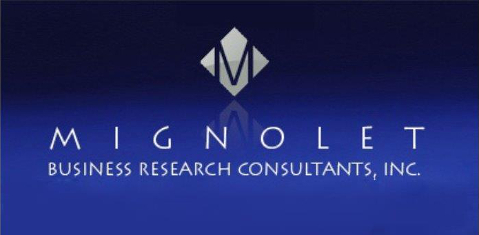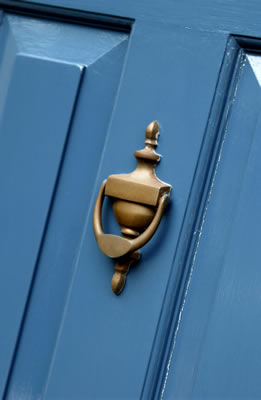Just when you thought it was over, here come the con artists!
Scammers always come a knocking, or a ringing, or emailing after natural disasters. With homeowners and insurance companies alike overwhelmed, hurricanes like Harvey and Irma make the perfect storm for fraud.
In the wake of Hurricane Harvy, con artists were out in full force in Houston looking to capitalize on the perfect storm natural disasters create: Insurance companies are stretched thin and homeowners are in crisis. Now, in the wake of Hurricane Irma, it’s Florida’s turn.
Five major home repair and insurance scams have surfaced in the past month:
1. Assignment of Benefits (AOB) Scams
This scam isn’t limited to con artists. Unscrupulous contractors and lawyer will also make use of this tactic to price gouge. When you’re asked to sign an AOB, it means you are signing over control of your insurance policy, which allows the vendor your signed it off to the ability to inflate the costs of claims and then be protected when the insurance company disputes the amount. Contractors and lawyers and those posing as them have been asking homeowners affected by the hurricane to sign an AOB before work can begin. This has caused a sharp rise in homeowners insurance. If someone asks you to sign an AOB to start storm-related repairs, be skeptical. Talk to your insurance company before you sign over your rights, and remember, you can always find a contractor who will not ask you to do this.
2. Large Down Payment to Start Storm Repairs
One major scam that’s surfaced in the wake of Harvey is contractors asking for the entire cost of the project or a large percentage up front, then vanishing. Those who stick around to get the job done do a subpar job. If you are asked to pay more than 10% of the total cost of the project up front, go to another contractor. Always get a detailed outline of the cost of the project that includes labor fees and cost of materials. Get at least three bids on every job before choosing a contractor to work with. Remember, con artists count on a sense of urgency to cloud your judgment, and homeowners affected by Irma are in very real crisis. Don’t let predators take advantage of you because you’re in a vulnerable situation.
3. Knock, knock! Who’s There?
Be skeptical of anyone who comes knocking on your door offering storm repair services or claiming to be an insurance adjuster. Since insurance companies are stretched thin by Harvey and Irma, they have had to hire independent adjusters, sometimes from out of state. This gives con artists an opportunity to pose as these adjusters. Be skeptical of any door-to-door contractors, and if an insurance adjuster comes to your door, verify their identity with your insurance company before letting them in.
4. Robocalls
Homeowners affected by Irma and Harvey have reported getting robocalls wherein the voice will say their insurance premiums are late and they will loose flood and hurricane insurance if a payment is not made right now. This is a straight up scam, so don’t fall for it. Insurance companies DO NOT operate this way. If you have questions about your premium payments, contact your insurance company directly.
5. Phishing Scams
Of course, there’s always a phishing scam. The Harvey and Irma incarnations of this scam have been primarily false victim funds. Whether it’s a social media page that links to a scam sight to take your money and steal your identity, or an email you get urging you to help disaster relief, ALWAYS check to make sure the charity is legit, they are who they say they are, and that the link goes to the charity it claims to be. The best way to do this is to follow basic email safety rules and never click on links in emails and texts, but rather type the URL of the website of the charity directly into your browser.
If you’ve suffered property damage, file a claim with your insurance company immediately and document the destruction in detail. Never sign an AOB without checking in with your insurance company first, and never pay more than 10% up front. Shop around before you settle on a contractors and always pay in check or credit card to leave a paper trail.
In sum, homeowners, don’t let crisis overwhelm your judgment.
Suspicious of a contractor or insurance adjuster? Contact mignolet@Bellsouth.net for a consultation.

